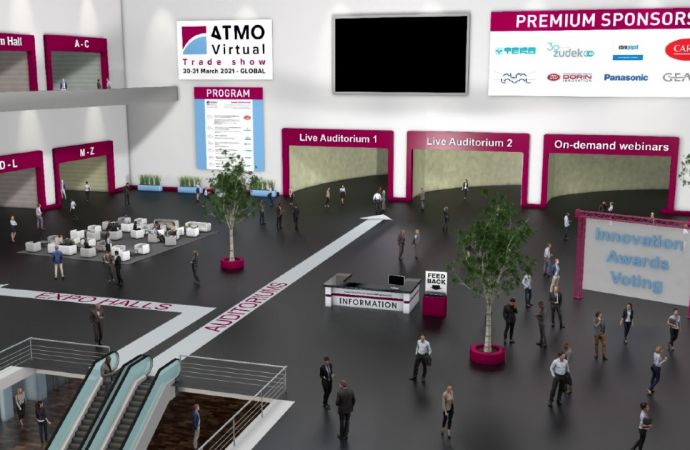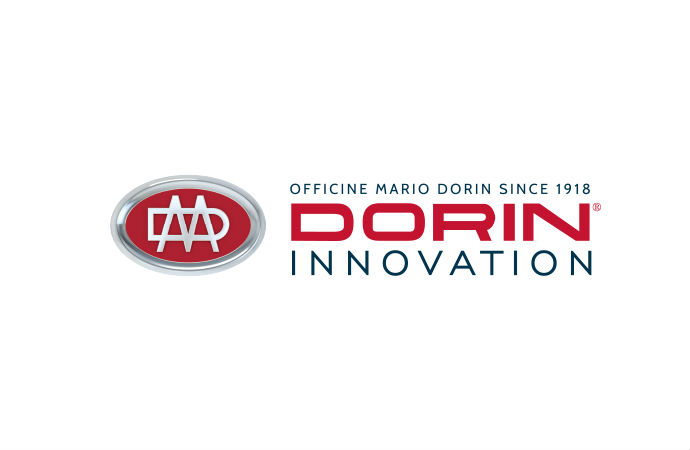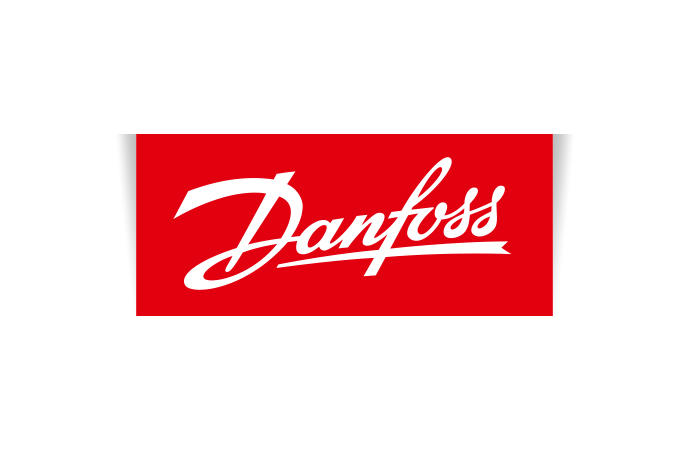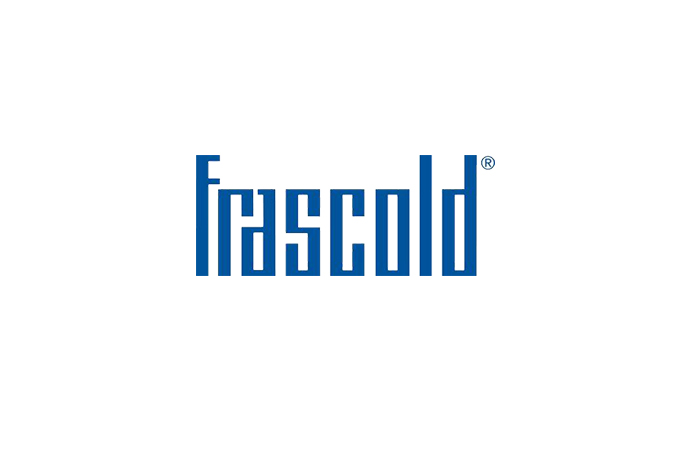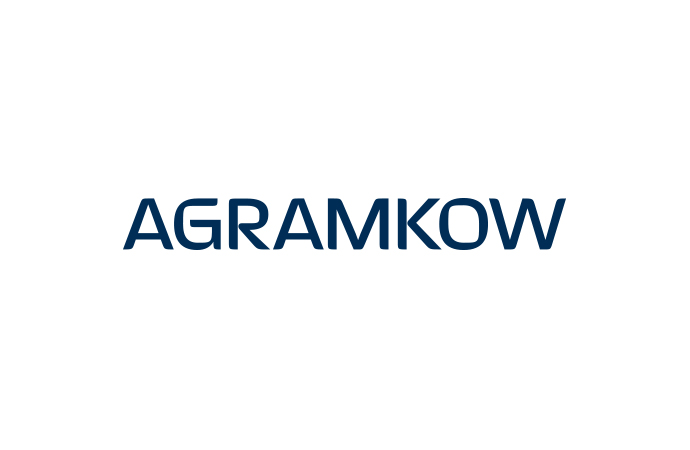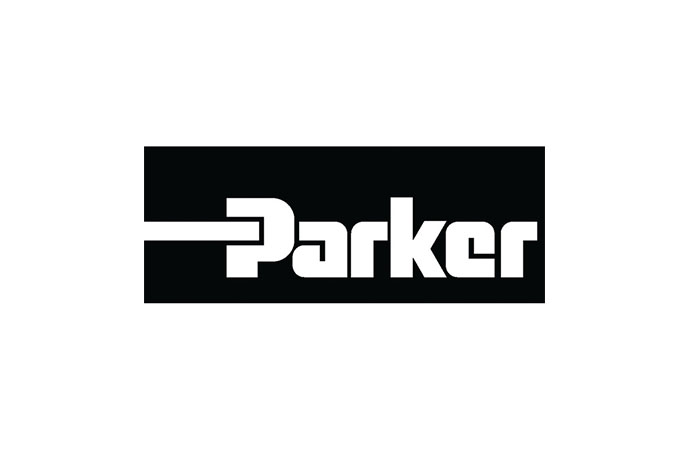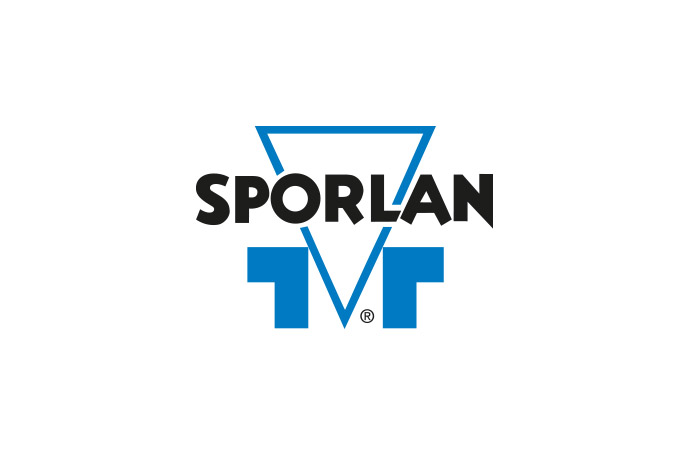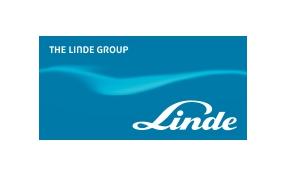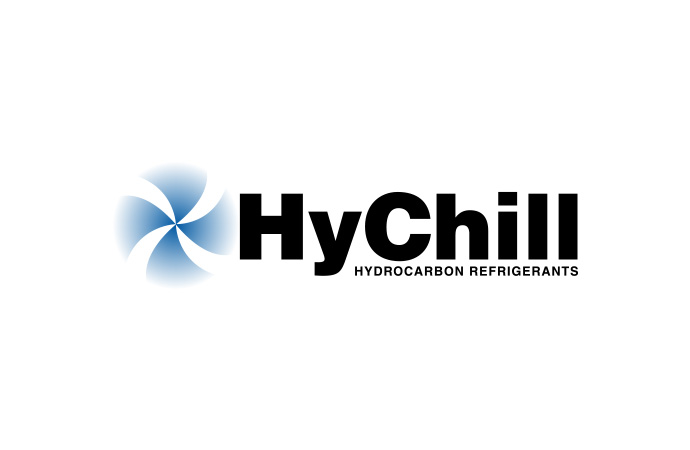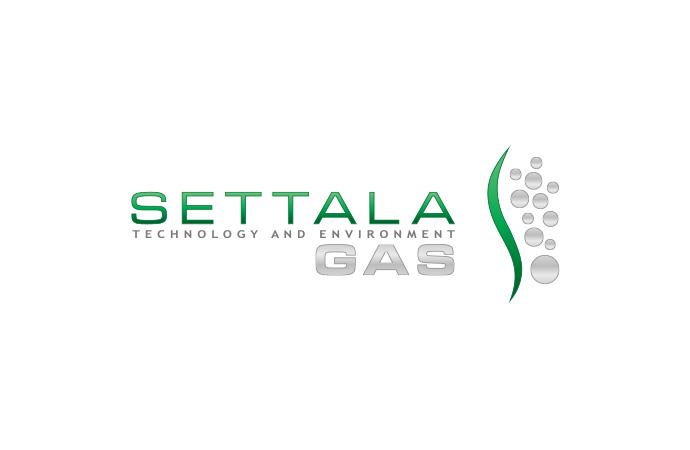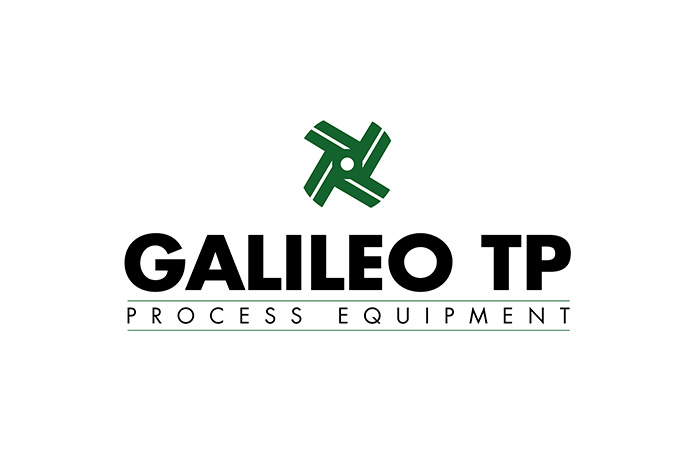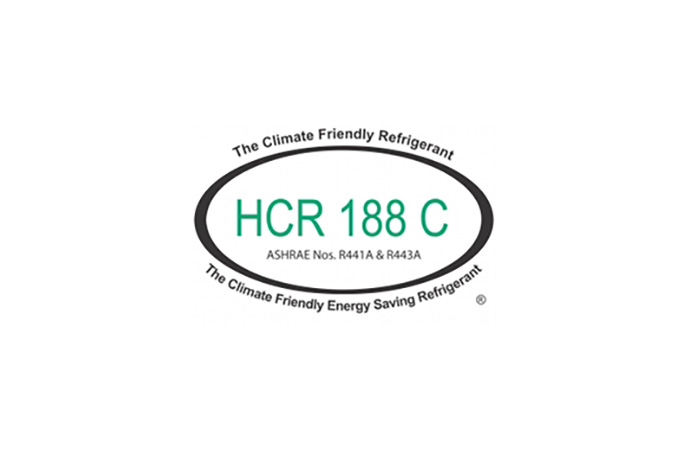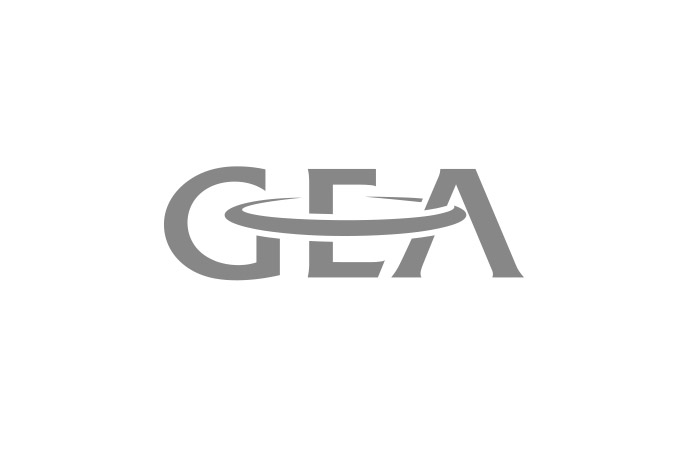The Eurelectric (Union of the Electricity Industry) presentation made at the 4th European Heat Pump Forum (EHPA), held in London on 1 June, demonstrated the pivotal role that heat pumps can play in a low carbon future. Focusing on heat pumps in Smart grids, Eurelectric said legislation and national energy plans (NREAPs) should be changed to ensure future investment in the technology.

Attended by over 100 delegates from the EU and UK, the European Heat Pump Association (EHPA) Forum shone a spotlight on the latest developments affecting the heat pump market. Mr Hans ten Berg, Secretary General to Eurelectric, highlighted the important role that heat pumps could play in future energy systems. Heat pumps can help:
- Decrease carbon emissions
- Increase the penetration of renewables in the heating and cooling sector
- Act as a flexible load in smart grid systems
However, Mr Hans ten Berg also asked where was the support for heat pumps?
European power companies commit to becoming carbon neutral
To underscore their backing for heat pumps, Eurelectric began their presentation by referencing the March 2009 Declaration, signed by Chief Executives from 61 power companies, committing the electricity sector to delivering the following:
- Become carbon-neutral by 2050 by using all available and economically sound low-carbon and carbon-free options
- Deliver power cost-efficiently and reliably through an integrated market
- Promote energy efficiency and electricity use
National Renewable Energy Action Plans (NREAP) key to heat pump future
With regard to increasing the penetration of renewables in the heating and cooling sector, Mr Hans ten Berg said the NREAPs must show a consistent approach towards the technology. Currently, whilst technologies like solar thermal and biomass, received significant endorsement in the NREAPs of Member States, heat pumps have been largely overlooked. Consequently, their use across the EU remains variable and inconsistent.
However, the NREAPs plan for biomass to provide 75% of renewable energy in the heating and cooling sector could mean that most countries experience a biomass supply deficiency, entailing the need for more heat pumps.
Heat pumps in Smart grid systems
The Smart grid concept is to balance supply and demand patterns and integrate different renewable energy sources into the electric grid. By allowing for demand-side management, where technologies respond to signals from the electricity grid, Smart grids have the potential to contribute sizeable CO2 emissions.
According to Eurelectric, heat pumps could act as a dispatchable load within the Smart grid system, avoiding their use during peak electricity loads that sometimes force the use of more intensive power generation.
Secondly, by varying the operation of heat pumps according to wind power availability, heat pumps in Smart grids would to enable greater reliance on intermittent renewable energy sources like wind power.
Where is support for heat pumps?
In concluding the presentation, Eurelectric summarised the principle reasons why heat pumps receive so little support, despite their obvious benefits.
Key problems include a lack of little support for renewable energy sources in the area of heating and cooling, with Sweden as the only country with renewable energy support measures in place. Moreover, in 2009, within the 15EUR billion EU support for renewables, heating and cooling applications will received only 3EUR billion.
Taxation is another problem. The taxes for oil and gas heating are generally very low, whilst electricity generally has higher taxes and incorporates a carbon price.
Finally, the Ecodesign Directive may penalize heat pumps through the inclusion of the primary energy factor.
How to provide backing for heat pumps
To improve market penetration of heat pumps Mr Hans ten Berg suggested the following:
- Push for measures that support renewables such as heat pumps, in particular push for a greater role in the NREAPs.
- Push for proposed revision of the Energy Taxation Directive to include carbon taxes in the domestic heating sector.
- Push for removal of primary energy factor in efficiency standards for heat pumps and recognise them as an energy efficient technology.
- Implement Smart grids.
- Launch financing agreements for heat pumps
- Ensure customers have free choice of heating technology
MORE INFORMATION
Related stories


